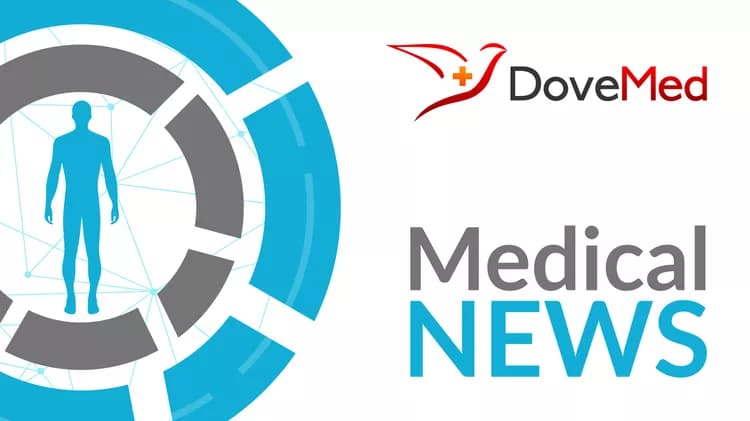
Brainstem Atrophy Is Linked To Extrapyramidal Symptoms In Frontotemporal Dementia
Frontotemporal dementia patients with extrapyramidal symptoms have brainstem atrophy and reduced metabolism in certain areas of the brain significantly more often than patients without extrapyramidal symptoms, a new study from the University of Eastern Finland shows. This observation can facilitate differential diagnostics in frontotemporal dementia. The findings were published in Journal of Neurology.Frontotemporal dementia, FTD, is an umbrella term for degenerative brain diseases that affect behaviour and cognition. Sometimes, FTD comes with extrapyramidal symptoms, such as those in Parkinson's disease, and this makes the diagnosis of FTD challenging. However, the new study now shows that accurate imaging and analysis of the brain may make it possible to distinguish between FTD and other diseases that cause extrapyramidal symptoms.
Extrapyramidal symptoms refer to involuntary movements, typically tremor, slowness, stiffness, loss of facial expressions and automatic movements, such as arm swing when walking. They are often associated with extrapyramidal disorders such as Parkinson's disease and atypical parkinsonism. Examples of atypical parkinsonism include progressive supranuclear palsy (PSP) and corticobasal degeneration (CBD). They share disease mechanisms with frontotemporal dementia, which is why they are nowadays considered to be part of the same spectrum of diseases. Frontotemporal dementia is traditionally divided into two main categories: the more common variant with behavioural changes as an early symptom, and the rarer primary progressive aphasia (PPA) with problems related to speech as an early symptom.
Neurodegeneration associated with progressive memory disorders is typically imaged in two ways: magnetic resonance imaging of the brain provides accurate information on brain structures and volumes of the different parts of the brain, whereas positron emission tomography, or a PET scan, provides information on metabolism in different areas of the brain. Degeneration of the brain tissue is often preceded by slow or missing metabolism.
The researchers analysed Kuopio University Hospital's medical records on a total of 139 patients with frontotemporal dementia, PSP or CBD, focusing in particular on their diagnosis and the presence of extrapyramidal symptoms. The patients' MRI and PET images were analysed using automated analysis software.
The researchers found that patients with extrapyramidal symptoms also had atrophy of the basal ganglia in the midbrain, and of the brainstem. When looking at patients with frontotemporal dementia alone, it was found that patients with extrapyramidal symptoms had brainstem atrophy considerably more often than patients without extrapyramidal symptoms. In addition, PET image analyses showed reduced metabolism in the superior cerebellar peduncle and the frontal lobes in patients with extrapyramidal symptoms.
The study showed, for the first time, that significant structural and metabolic differences can be detected in the brain of frontotemporal dementia patients with extrapyramidal symptoms, compared to patients without these symptoms.
"If our findings are confirmed in other cohorts, they can be used in early diagnostics to distinguish between frontotemporal dementia and Parkinson's disease, for example. These findings will also provide us with a better understanding of the mechanisms of these diseases," says Doctoral Researcher Sami Heikkinen, the lead author of the article.
"Although the treatment of these diseases is symptomatic at the moment, an early and accurate diagnosis is an important step towards the development of disease modifying treatments."
The study was conducted in the research group on Frontotemporal Lobar Degeneration and Early Onset Dementia, led by Adjunct Professor Eino Solje.
Related Articles
Test Your Knowledge
Asked by users
Related Centers
Related Specialties
Related Physicians
Related Procedures
Related Resources
Join DoveHubs
and connect with fellow professionals

0 Comments
Please log in to post a comment.